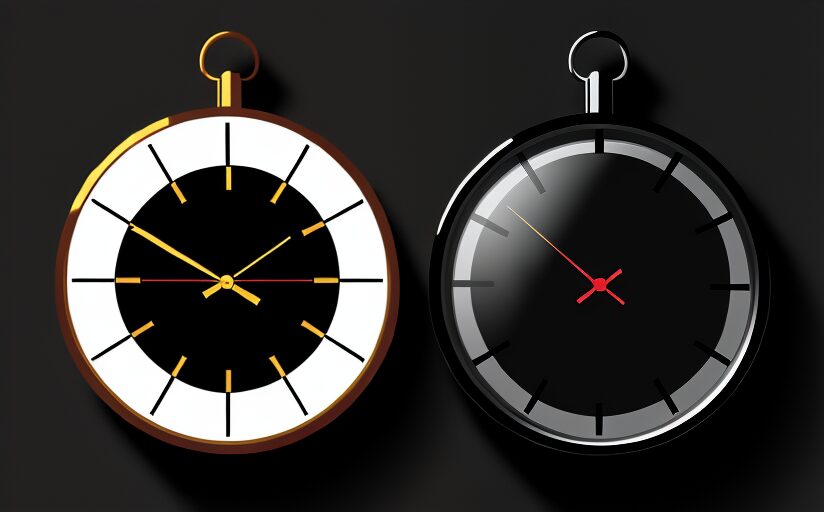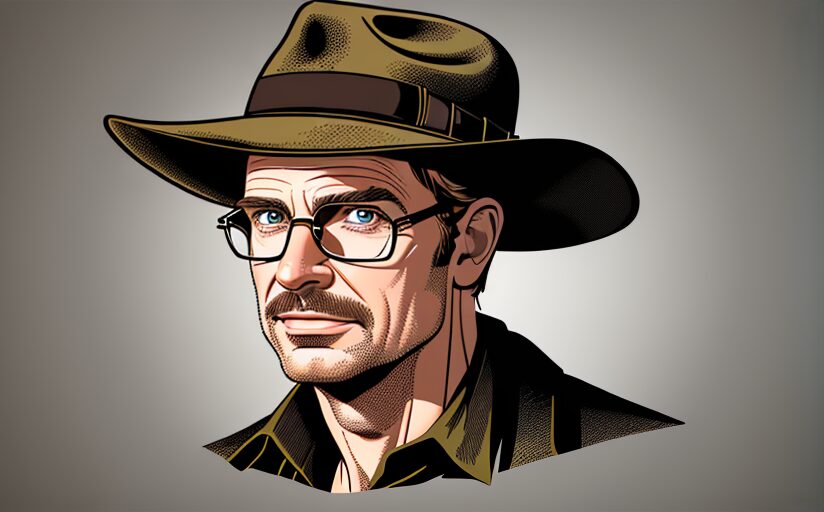I’ve spent most of my life in the Midwest; however, for a few humid years, I lived in Florida: the land of sun, surf and horrible souvenir shop T-shirts. You know the kind I’m talking about. Picture a polycotton cliche definition that you can wear; maybe a little tie-dyed number that reads “It Is What It Is” or “I Speak Fluent Sarcasm” or “Been There, Done That, Bought the T-Shirt.”
How meta, right?
Here’s the thing about those “funny” T-shirts that you can buy up and down the beach or in every gas station within a 30-mile radius of Epcot: They’re not funny. They can’t be! When an idea reaches the point that it’s being printed on thousands of $6 T-shirts, it’s unoriginal. It’s uninspired. It’s boring, and it’s meaningless. It’s — pause for dramatic effect — a cliche.

Cliche Definition
A type of figure of speech, a cliche is a statement or idea that’s been used so many times that it’s lost all meaning. “Time heals all wounds” is a cliche. It’s not necessarily an incorrect statement. It’s actually a fairly nice sentiment. It’s a fine, bland thought, but it’s boring.
What Is a Cliche?
Typically, a cliche is a true statement — or at least a mostly true one that’s been used again and again and again. “Time heals all wounds,” for example, isn’t 100% accurate since distance won’t erase literally every hurt ever, but for the most part, it’s a solid thought. It may have taken me 20 years, but I did eventually get over Michael Jordan’s foray into professional baseball.
The problem with a cliche, no matter how dead-on it may be, is that it’s an idea that’s been trotted out so many times it’s become meaningless. Think about it: If you were mourning the loss of Donatello, your beloved pet turtle, and your BFF told you, “Chin up, pal. Time heals all wounds,” you probably wouldn’t be overwhelmed with comfort. In fact, “Time heals all wounds” is basically the bare minimum of comfort.
That’s the other problem with cliches in writing: they’re low stakes and low effort. Picture the best coach you’ve ever had or, if sports aren’t your jam, think about the best coach you’ve seen in a movie. (Still stuck? You can borrow Coach Bombay’s “Ducks Fly Together” speech from “D2: The Mighty Ducks.” Don’t say I never gave you anything.)
Great coaches inspire their players by giving them rousing, heartfelt speeches that tap into those players’ specific and personal strengths, weaknesses and wants, both individually and collectively.
Lousy coaches, meanwhile, speak in tired cliches:
- “There’s no ‘I’ in ‘team!’”
- “Leave it all on the field.”
- “Take care of the ball.”
- “Johnson always gives 110%.”
As a general rule, shoot for more Bombay than cliche.
Cliche Examples
Cliches, sadly, are everywhere: from business proposals to film scripts and everything in between. As you wrangle with a cliche meaning, know that some are more obvious than others.
First, scope out these examples of some common cliches in action:
- My in-laws just sold their house and bought an RV. To each their own.
- Play your cards right, and I’ll take you to Taco Bell for all-you-can-eat chalupas.
- Amaya decided not to adopt a grizzly bear after all. Better safe than sorry.
- Rules are rules, Mr. Jibson, and you’re not allowed to park in the outfield.
- We took my grandpa to the Museum of Cardigans, and he was like a kid in a candy store.
- My husband avoids doing dishes like the plague.
- I’m sorry that Amanda turned you down, Gary. You win some, lose some.
- But don’t worry: There are plenty of fish in the sea.
- And who cares that you have a tail? Beauty is only skin deep.
- Sure, you’ll love again. I mean, every dog has its day.
That’s just a smattering of classic cliches. The thing is, cliches don’t have to be trite statements that you’re pretty sure you saw embroidered on a throw pillow in your aunt’s living room. Any well-worn statement that conveys a familiar feeling in a super-dull way fits the cliche definition.
Now check out these five examples of cliches that can sneak easily into your speech even if you call yourself a writer:
- My ex-boyfriend made me feel like the most beautiful girl in the whole world.
- After “Happy Endings” got canceled, I cried myself to sleep.
- I’m not going to get mad that my yurt exploded, Tina. It is what it is.
- At the end of the day, all you can do is be happy that you bought yurt insurance.
- We’re looking for a cat café manager who can think outside the box.

Avoiding Cliches
Now’s probably a good time to point out that cliches don’t have to be sentences or phrases. Entire characters, settings and plot elements can fit the cliche definition. These are known as “tropes” or “cliched tropes.”
Pop quiz: How many narratives have you read or seen that feature a group of adventurers who go on a quest to find some sort of magical item? How about video games with the same plot? Oof. From Indiana Jones to Frodo and friends, pop culture is packed with that specific cliche — at least at face value.
Familiar ideas can rise above cliche if they do something new with an old idea, if they twist it or add something unique to it or come at it from a different angle. “Indiana Jones and the Last Crusade,” for example, shakes up the whole “band of merry adventurers on an item-based quest” cliche by making the two primary adventurers an estranged father and son. That adds a fresh dynamic to the recognizable set-up, topples the cliche and elevates the narrative to more than just the 437th story about people trying to find the Holy Grail.
You and This Cliche Definition Are Thick as Thieves
Now you know that “thick as thieves” fits the cliche definition like a glove. Wait — so does the phrase “like a glove.” Help me out here. Do you have any tips for avoiding cliches? What’s the worst souvenir T-shirt you’ve ever spotted out in the wild? Kindly share in the comments below!


Leave a Reply